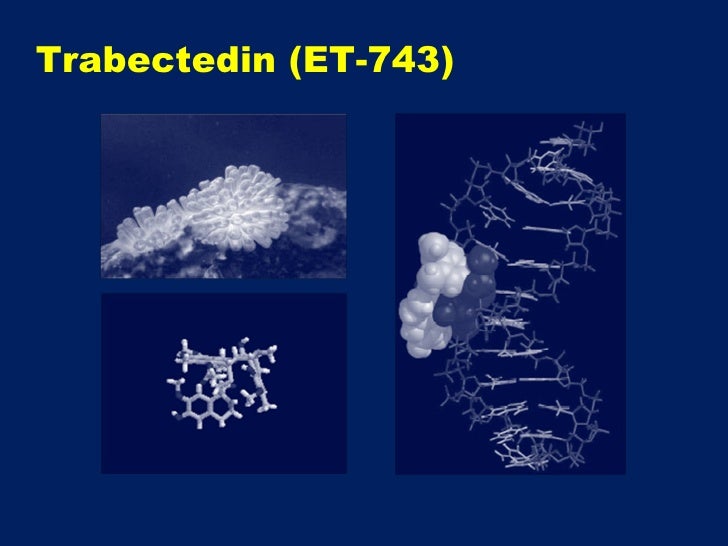Organism : Homo sapiens .

Experiment Type:
Expression profiling by array .
Summary :
Transcriptional profiling and microRNA profiling of paired PDX and derived cell line MT-CHC01 upon ET-743 treatement .
Intrahepatic cholangiocarcinoma (ICC) is an aggressive and lethal malignancy with limited therapeutic options. ET-743 has a high antitumor activity in preclinical models of biliary tract carcinoma (BTC), being a promising alternative treatment. Here, we studied the effect of ET-743 at transcriptomic level on an ICC patient derived xenograft (PDX) and on the derived cell line, MT-CHC01. Further, putative targets of ET-743 were explored in the in vitro model. In vitro, ET-743 inhibited genes involved in protein modification, neurogenesis, migration, and motility; it induced the expression of genes involved in keratinization, tissues development, and apoptotic processes. In the PDX model, ET-743 affected ECM-receptor interaction, focal adhesion, complement and coagulation cascades, Hedgehog, MAPK, EGFR signaling via PIP3 pathway, and apoptosis. In MT-CHC01, 24 microRNAs were deregulated upon drug treatment. Only 5 microRNAs were perturbed by ET-743 in PDX; 2 up and 3 down-regulated. Among down- regulated genes, we selected SYK and LGALS1; their silencing caused a significantly reduction of migration, but did not affect proliferation in MT-CHC01 and WITT cells. In conclusion, we described that ET-743 affected genes and microRNAs involved in tumor progression and metastatic processes, reflecting data previously obtained at macroscopically level; in particular, we identified SYK and LGALS1 as new putative targets of ET-743.
Overall design :
MT-CHC01 cell line treated with ET-743 at the dose of 5 nM for 24 hours vs MT-CHC01 cell line untreated;ICC PDX treated with ET-743 at the dose of 0.15 mg/Kg/weekly for three weeks vs ICC PDX untreated .